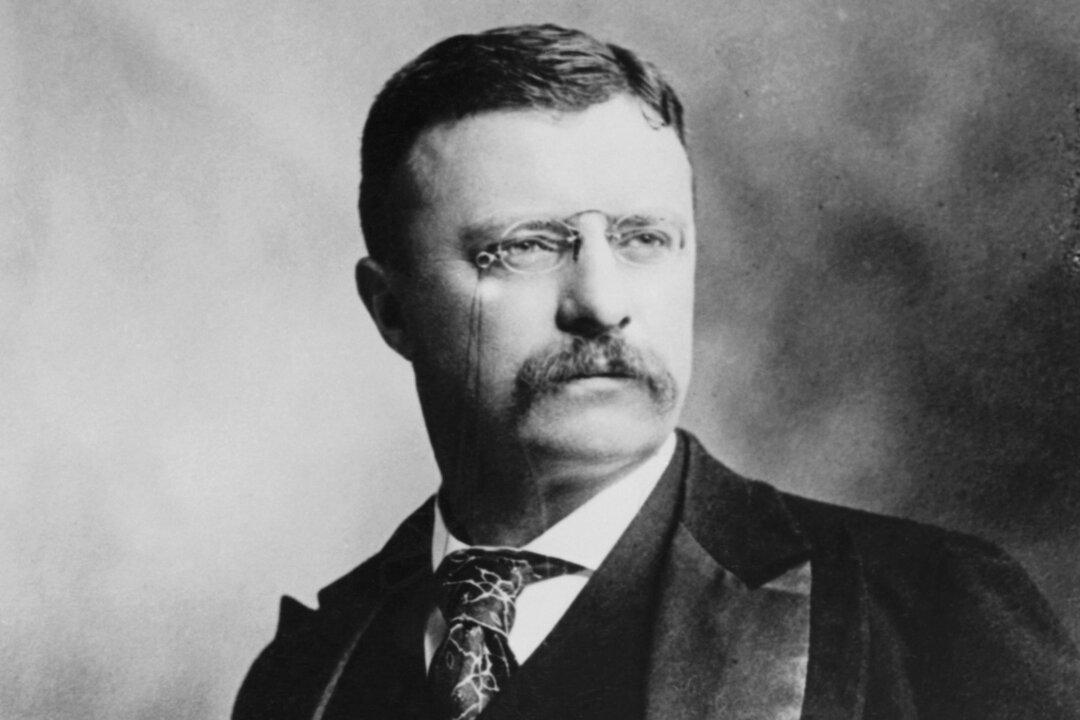R | 2 episodes | Documentary | May 30, 2022 (USA)
He was a “transformational” president by any progressive measure. Unfortunately, by dividing the Republican opposition, he helped elect Woodrow Wilson (who dramatically turned back the clock for Civil Rights when he segregated the federal government).In so many ways, Theodore Roosevelt reshaped America, even through his strategic mistakes. There is much then to consider when TR’s life and legacy are chronicled in History Channel’s two-night documentary-special, “Theodore Roosevelt.”





